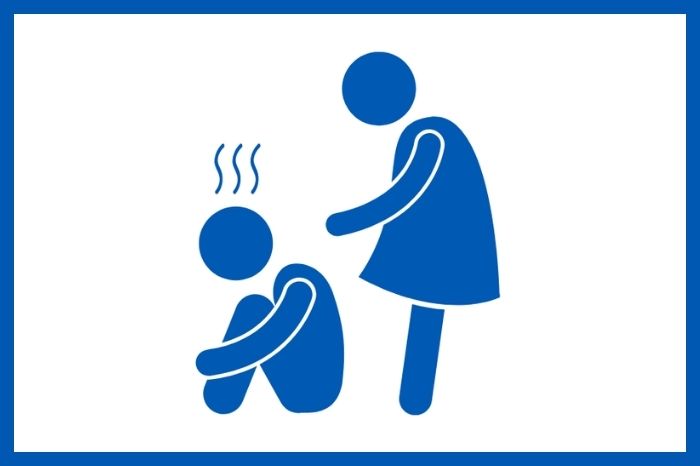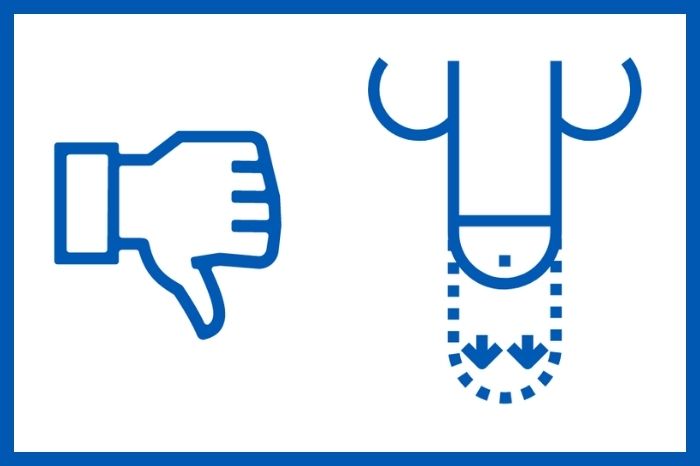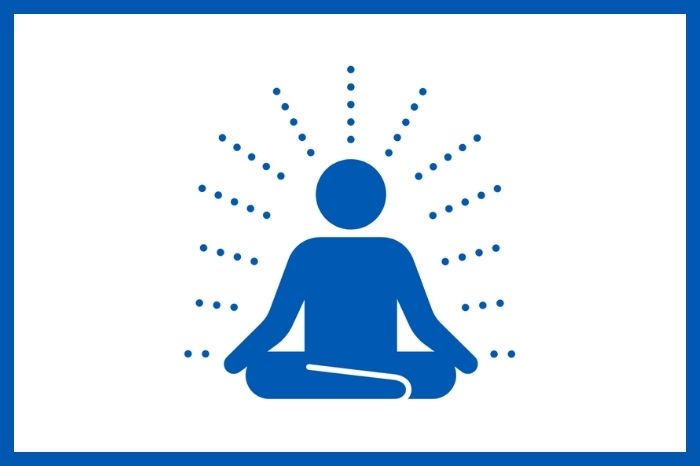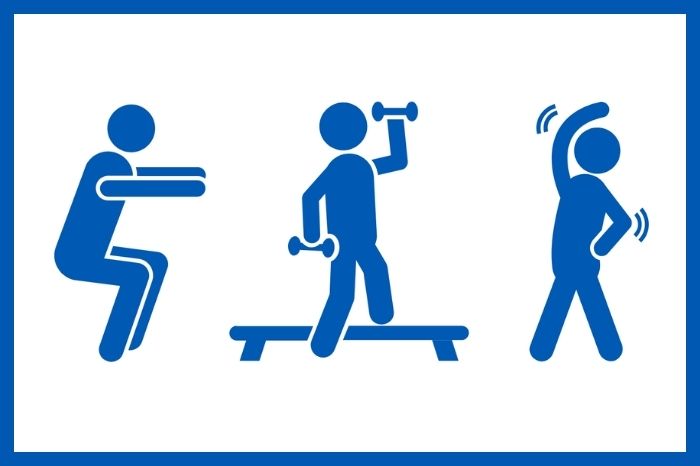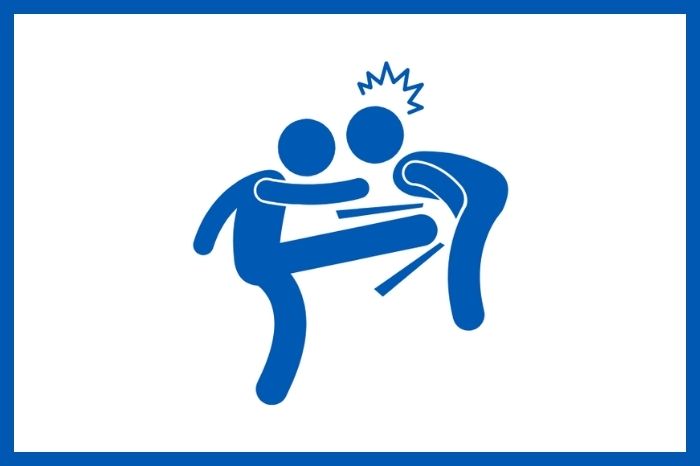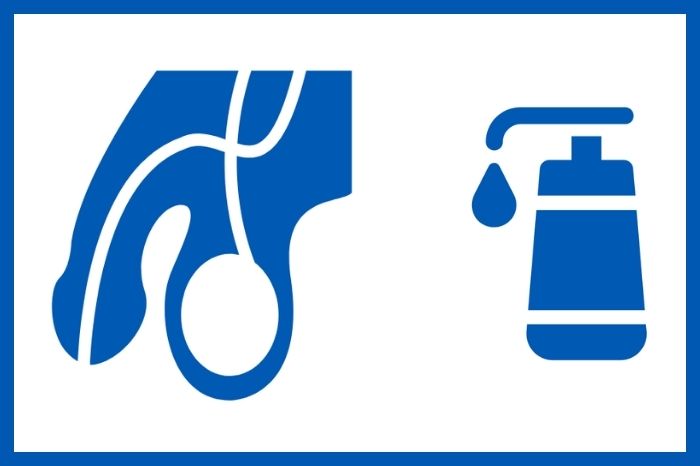Symptoms of Generalized Anxiety Disorder (GAD) in Men
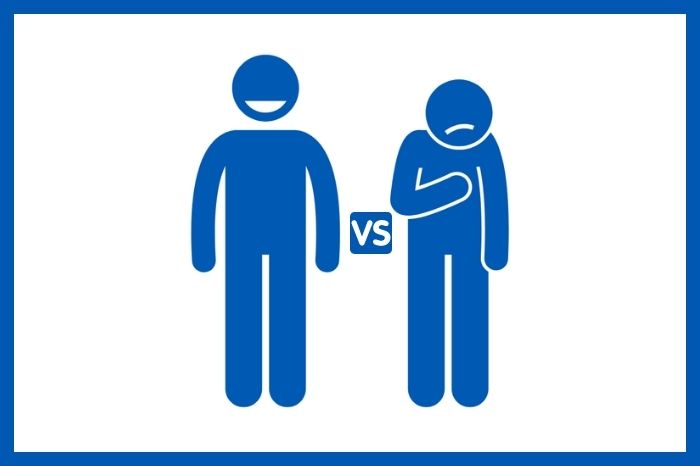
Are you a man who worries a lot? Have you struggled with issues like fear, uncertainty and doubt for most of your life? Do negative thoughts regularly cross your mind in ways that damage your self-esteem?
If the answer is yes, you may be an anxious man. The truth is, we all get stressed from time to time. And in fact, certain situations will bring on anxiety more than others. An example might be getting nervous on a plane trip, or worrying about the health of a loved one when they get sick.
But if you are constantly in a state of worry or experiencing chronic stress, this could be an indication of anxiety disorder. I know the term "disorder" can be uncomfortable. But, we need to call it something.
Do men have anxiety attacks?
Yea! Men as well as women can manifest symptoms of GAD. The reality is that men aren't that good at sharing feelings. There are several reasons for this, including social norms along with cultural expectations. However, this is slowly changing. Fortunately!
So, rather than bringing into this article a bunch of clinical jargon about what an anxiety disorder is, it's more helpful to explore the symptoms. Now, remember that you shouldn't try to diagnose yourself. Instead, just look at the following as possible indicators of an anxiety problem and seek professional help.
Learn to identify the symptoms of anxiety
Check out the 9 signs of TAG in men. While women can also experience issues like these, specifically those that are seen to be most prominent in men over the years will be highlighted.
1 - The biggest indicator of an anxiety disorder is that someone worries excessively. While it is difficult to define what exactly qualifies as "too much", the best clue is concern that seriously affects a person's normal ability to function.
Worry is a normal part of human existence, but when it gets to the point where you develop stress-related acne or can't focus on the task at hand, it could be the sign of a bigger problem.
2 - Someone with TAG may constantly feel that all eyes are on them. While it is common to experience glossophobia, which is the fear of public speaking, or even social phobia, when, for example, when giving a speech or doing anything else that requires being in the spotlight, those with a serious anxiety problem they may feel intense shame, even in ordinary social situations.
3 - If you struggle with body image problems to the point that they interfere with your activities of daily living, such as going out with friends, dating, being in a crowd; this can be a strong indication of an anxiety disorder.
4 - Everyone gets scared sometimes. Of course, there are certain situations where fear is a sensible response. However, someone who has a lot of unrealistic fears or disconnected from reality may have TAG.
Fear must not occupy a person's entire mind, be disproportionate to the actual danger, or significantly disrupt someone's life.
5 - The stomach and the entire digestive system are closely linked to mood and emotions. Stress can cause the digestive system to whirl, disrupting normal functioning. Cramping, nausea, gastritis, irritable bowel syndrome, and other stomach or digestive problems can all be a physical manifestation of an anxiety disorder.
If you've been experiencing these problems for a long time, it's probably a good idea to talk to your doctor.
6. Tight and knotted muscles are another potential physical sign of an anxiety disorder. This is because many GAD sufferers keep certain muscles constantly tense, resulting in severe muscle tension and pain.
For example, some people with GAD keep their jaws (bruxism) or fists clenched almost continuously. If this is common for you, consider it an alert.
7 - Severe anxiety dominates the mind making it difficult to concentrate on anything other than the source of the worry. Someone with GAD may have trouble sustaining effort and concentration for long periods, which can result in poor performance at work or school.
Difficulty concentrating can also impair your ability to make decisions. In many cases, prolonged periods when you are unable to concentrate can suggest a problem.
Individuals with an anxiety disorder will often view an event or situation in the worst possible light. Someone who habitually anticipates that things are going to turn out for the worst may be dealing with TAG.
8 - Excessive negative thinking is often accompanied by irrational perfectionism, which can make it nearly impossible to achieve goals.
9 - Just like digestion, sleep is a complicated and delicate process that can be easily interrupted by an anxiety disorder. Worry and stress agitate the mind, making it difficult to reach the state of relaxation necessary for quality sleep.
People with GAD can suffer from a number of problems that disrupt sleep, including anxiety insomnia and abnormal sleep schedules. Strange dreams about life and death can also be part of the dynamic.
It is important to emphasize that the presence of some or even all of these signs should not be taken as absolute proof of an anxiety disorder. Anyone who thinks they may have GAD should seek help from a specialist they can trust for a safe diagnosis.
Conclusion
Since the 9 symptoms described in this article are strong indicators of a major anxiety problem, their presence should be taken seriously.
If you're reading this and feel like you're having an anxiety attack, call 911, or go to your local emergency room.



